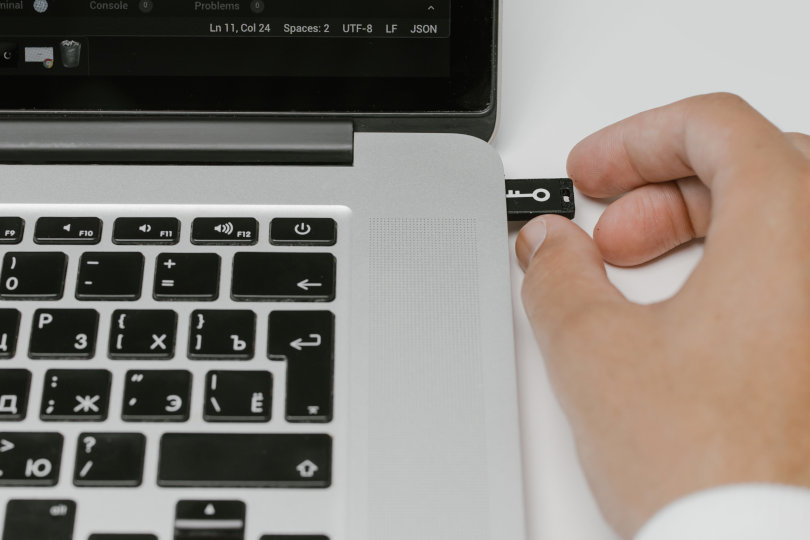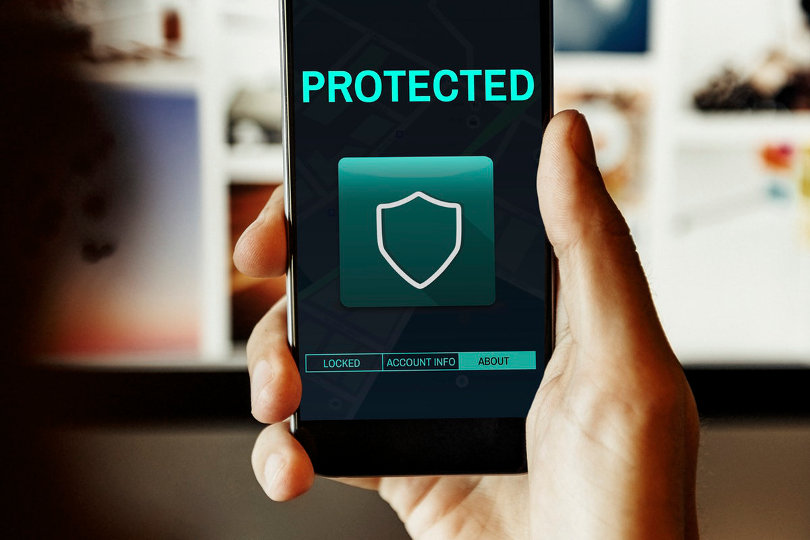As a business owner, you know that security is one of the most important aspects of running a successful operation. With all of the data and information that businesses must protect these days, it’s more important than ever to make sure your company is as secure as possible.
A data breach can not only cost your business money, but it can also damage your reputation and cost you, customers. That’s why it’s so important to take steps to make your business as secure as possible.

Hackers are always finding new ways to break into systems, so it’s important to stay one step ahead of them. You don’t want to deal with ransomware, malware, or any other type of security breach. If you want to keep your business secure, follow these ten tips:
1. Keep Your Software Up to Date
One of the simplest and most effective ways to improve your business’ security is to make sure all of your software is up to date. This includes everything from your operating system to the apps you use on a daily basis.
Developers are constantly releasing updates for their products that include security improvements and bug fixes. By keeping your software up to date, you can ensure that your business is benefitting from the latest security improvements.
2. Use Strong Passwords
You might think that using a simple password like “1234” is good enough to protect your business, but it’s not. Hackers are always finding new ways to break into systems, and if they find a weak password, they’ll be able to get into your system easily.
That’s why it’s important to use strong passwords that are at least eight characters long and include a mix of letters, numbers, and special characters. You should also change your passwords regularly to keep them fresh.
3. Educate Your Employees on Cybersecurity
One of the most important things you can do to protect your business is to educate your employees on cybersecurity. Teach them about the importance of keeping their passwords secure, not clicking on links from unknown sources, and being cautious when sharing personal information online.
Make sure your employees know how to spot a phishing email and what to do if they receive one. You should also have a policy in place for dealing with security breaches.
You should also have a policy in place for what to do in the event of a security breach. By educating your employees and having a plan in place, you can minimize the damage caused by a security breach.

4. Secure Devices and Networks
In today’s world, it’s not enough to just have a secure website – you need to make sure that all of your devices and networks are also secure. Hackers are always looking for new ways to access systems, so it’s important to keep all of your devices and networks up-to-date with the latest security measures.
One way to do this is to install a good antivirus program on all of your devices and to keep it up-to-date. You should also have a firewall set up and make sure that all of your software is up-to-date. Additionally, you should change your passwords regularly and use strong passwords that are difficult to guess.
5. Use Encryption
Encryption is one of the best ways to protect your data. When data is encrypted, it means that it can only be read by someone with the right key. This makes it much more difficult for hackers to access your data, even if they do manage to get into your system.
You should encrypt all of your sensitive data, including financial information, customer data, and anything else that could be damaging if it fell into the wrong hands. There are many different encryption methods available, so you’ll need to choose the one that’s right for your business.
6. Set Up Two-Factor Authentication
Two-factor authentication is an important security measure that you should consider using for your business. With two-factor authentication, a user needs to provide two pieces of information in order to log in. This could be something like a password and a fingerprint or a password and a code that’s sent to your phone.
Two-factor authentication makes it much more difficult for hackers to access your system, even if they do have your password. It’s an extra layer of security that can give you peace of mind knowing that your data is safe.

7. Monitor Activity on Your Network
It’s important to keep an eye on the activity on your network. This will help you to spot any suspicious activity that could be a sign of a hacker trying to gain access to your system.
There are many different tools that you can use to monitor your network, including intrusion detection systems and firewalls. By monitoring your network, you can quickly spot any potential security threats and take action to protect your business.
8. Restrict Personal Email and Social Media Use
While it’s important to encourage employees to be active on social media, you should also set some limits. Personal email and social media accounts can be a security risk if they’re not used properly.
Hackers can gain access to personal email accounts and use them to reset passwords for other accounts, such as your business accounts. They can also use social media to gather information about their business or to spread malware.
To reduce the risk of these threats, you should restrict the use of personal email and social media at work. You can do this by setting up a separate account for work-related activities or by blocking access to these sites on your network.
9. Make Backups of Your Data
One of the most important things you can do to protect your business is to make regular backups of your data. This way, if your data is ever lost or corrupted, you’ll be able to restore it from a backup.
There are many different ways to back up your data, including cloud storage and external hard drives. You should choose the option that’s right for your business and make sure that you make backups on a regular basis.Conduct a Security Audit
It’s a good idea to conduct a security audit on a regular basis. This will help you to identify any weak points in your security and to make sure that all of your systems are up-to-date.
A security audit can be conducted by an external company or by your own IT department. Either way, it’s important to make sure that your business is as secure as possible.

Final Words
By following these tips, you can make your business more secure than ever before. Taking these steps will help to protect your business from hackers and will give you peace of mind knowing that your data is safe.
Don’t let your business become the next victim of a data breach. Follow these tips to keep your business secure!







